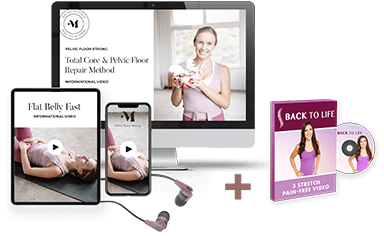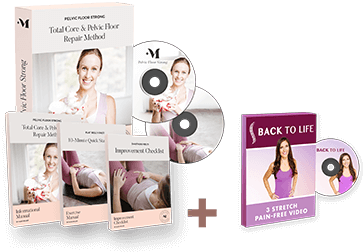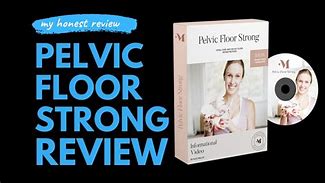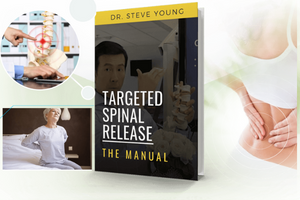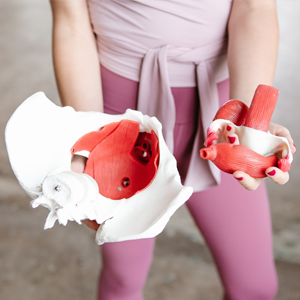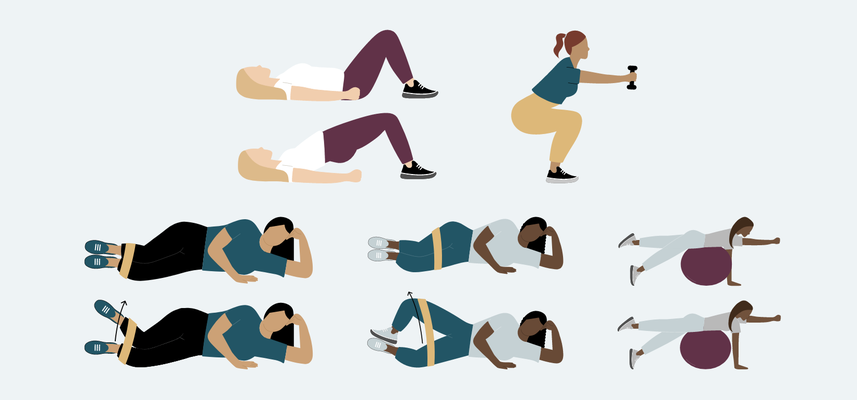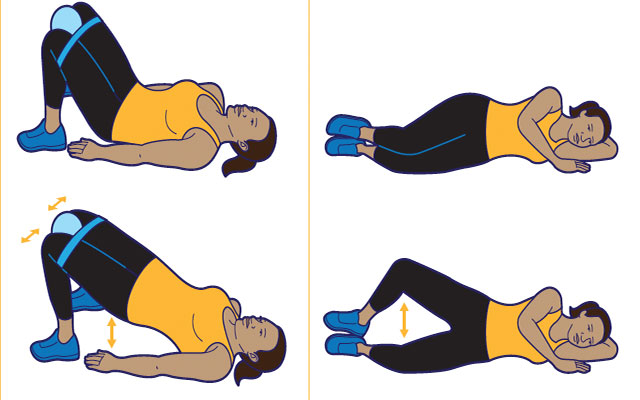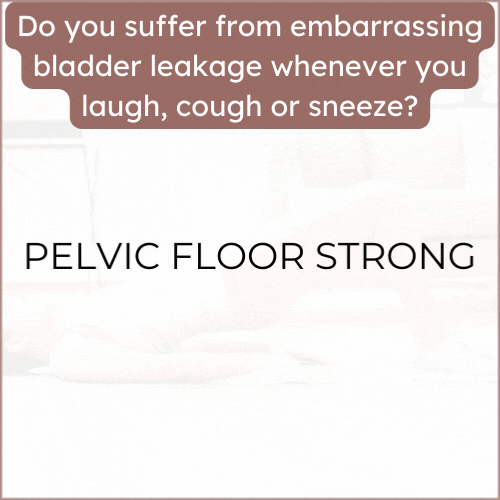9 Smart Ways to Manage a Leaky Bladder For Women Over 55
Managing a leaky bladder, especially for women over 55, involves various strategies to improve bladder control and overall quality of life. Here are nine smart ways to manage a leaky bladder:
- Kegel Exercises: Regularly practice Kegel exercises to strengthen the pelvic floor muscles, which can help reduce urinary leakage. These exercises involve contracting and relaxing the muscles that control urination.
- Lifestyle Modifications: Make dietary changes by avoiding bladder irritants such as caffeine, alcohol, carbonated beverages, citrus fruits, and spicy foods. Maintaining a healthy weight through diet and exercise can also reduce bladder leakage.
- Bladder Training: Develop a schedule for urination, gradually increasing the time between bathroom visits. This can help improve bladder capacity and reduce the urgency to urinate.
- Medications: Consult a healthcare provider for prescription medications that can help manage specific types of urinary incontinence. Some medications can improve bladder control and reduce urgency.
- Pelvic Floor Therapy: Consider pelvic floor physical therapy, where a specialized therapist can provide exercises and techniques to strengthen pelvic muscles and improve bladder function.
- Behavioral Techniques: Try behavioral techniques like the "Knack," which involves doing a Kegel exercise just before activities that trigger leakage, such as coughing or sneezing.
- Hydration Management: Monitor your fluid intake, especially in the evening, to reduce nighttime voiding and incontinence episodes. Aim for balanced hydration throughout the day.
- Bladder Diary: Keep a bladder diary to track your fluid intake, bathroom visits, and leakage episodes. This can help identify patterns and inform your management plan.
- Medical Devices: In some cases, medical devices like SNS (sacral nerve stimulation) devices can be considered as a treatment option. Consult with a healthcare professional to determine if this is appropriate for you.
It's essential to consult a healthcare provider for personalized guidance and treatment options based on your specific condition and needs. Managing a leaky bladder is possible with the right strategies and support.





